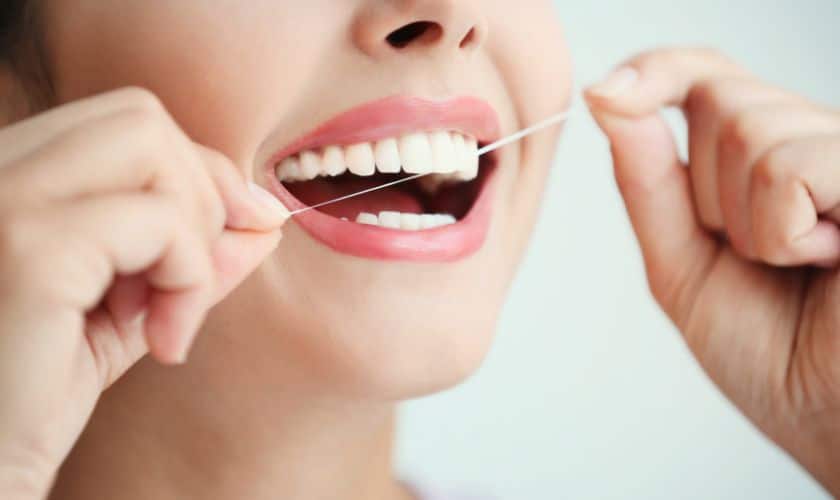
Thumb sucking is a common habit among children, often starting in infancy and persisting into early childhood. While it may seem harmless, prolonged thumb sucking can lead to dental issues and other developmental concerns. As a parent, it’s essential to understand the potential consequences and explore strategies to help your child break this habit gently. In this blog post, we’ll discuss the effects of thumb sucking and provide tips on how to support your child in overcoming this behavior.
Understanding Thumb Sucking:
For newborns, sucking their thumbs is a natural habit that gives them security and comfort. However, as children grow older, the habit can become problematic, especially if it continues beyond the age of five. Prolonged thumb sucking can interfere with the development of the teeth and jaw, leading to misalignment and speech difficulties. Additionally, it may cause social stigma and embarrassment for the child.
Effects of Prolonged Thumb Sucking:
Dental Issues: Thumb sucking can exert pressure on the teeth, causing them to shift out of alignment. This can lead to problems such as overbites, underbites, or open bites, which may require orthodontic treatment to correct.
Speech Problems: Thumb sucking can affect the development of speech patterns, particularly the pronunciation of certain sounds. Children who suck their thumbs may have difficulty articulating words clearly.
Skin Irritation: Constant contact between the thumb and mouth can cause skin irritation and chapping around the thumb area.
Social Implications: Children who continue to suck their thumbs past a certain age may face teasing or ridicule from their peers, leading to feelings of embarrassment or low self-esteem.
How to Help Your Child Stop Thumb Sucking:
Positive Reinforcement: Encourage your child to stop thumb sucking by offering praise and rewards for periods of time when they refrain from the habit. Positive reinforcement can motivate them to break the habit gradually.
Identify Triggers: Pay attention to situations or emotions that may trigger thumb sucking, such as boredom, stress, or fatigue. Help your child find alternative coping mechanisms, such as holding a favorite toy or taking deep breaths, to manage these triggers.
Offer Distractions: Keep your child’s hands busy with engaging activities or toys to prevent them from resorting to thumb sucking out of boredom or habit.
Set Realistic Goals: Set achievable goals for your child to gradually reduce and eventually eliminate thumb sucking. Celebrate their progress and provide support along the way.
Consult a Professional: If thumb sucking persists despite your efforts, consider seeking advice from a pediatrician or dentist in Gilbert. They can offer personalized recommendations and interventions to address the habit effectively.
Conclusion:
Thumb sucking is a common behavior among children, but prolonged thumb sucking can have negative consequences on dental health, speech development, and self-esteem. As a parent, it’s important to support your child in breaking this habit gently and effectively. By understanding the effects of thumb sucking and implementing positive strategies, you can help your child transition away from this behavior and promote their overall well-being.




